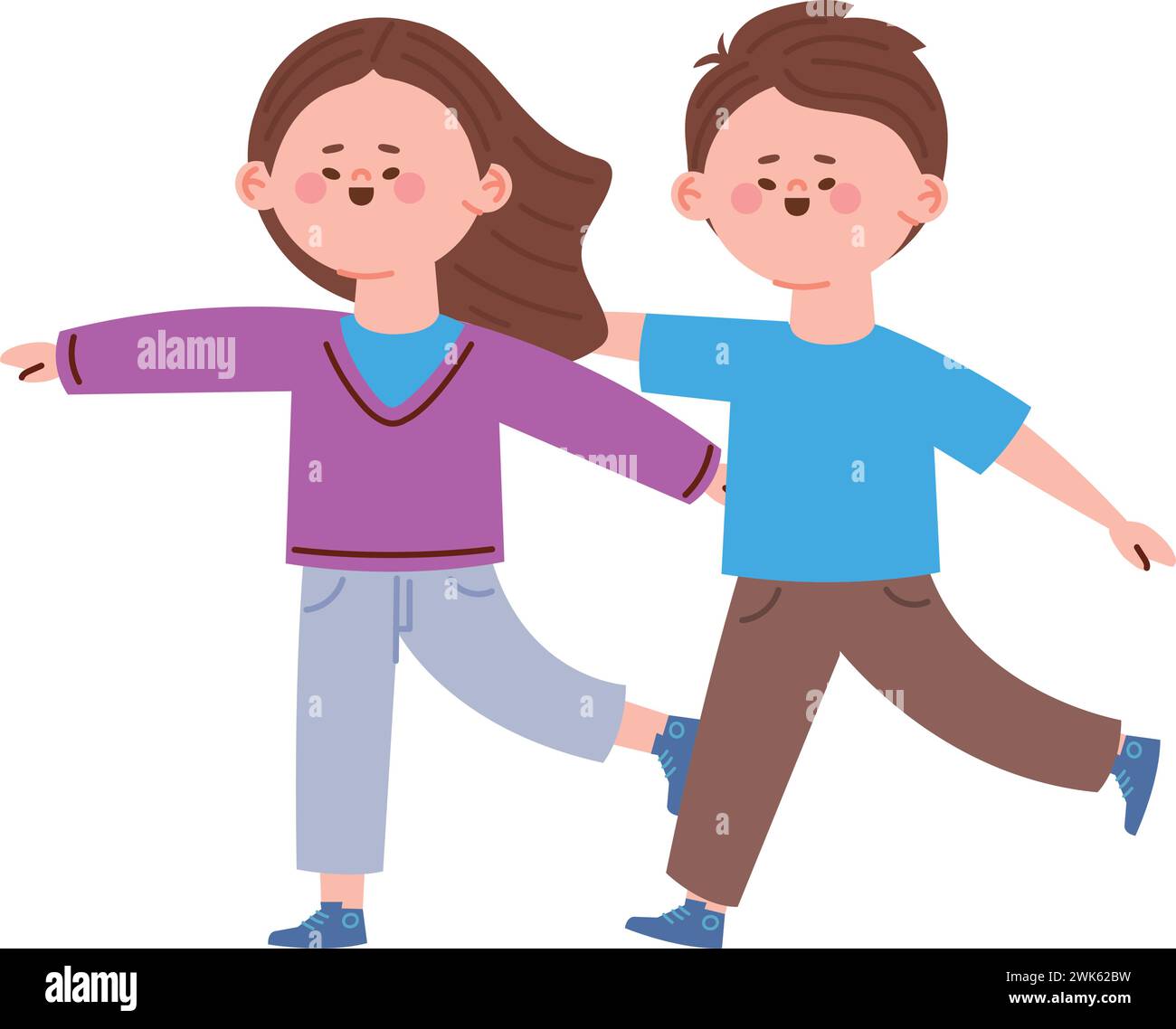When it comes to the intersection of sports, family, and advocacy, few names resonate as powerfully as Patrick Mahomes. The superstar quarterback of the Kansas City Chiefs is not just celebrated for his on-field achievements but also for his role as a devoted father to his daughter, Sterling, and son, Patrick "Bronze" Mahomes III. However, there has been growing curiosity and misinformation surrounding the topic of Mahomes and Down syndrome. While neither of his children has been diagnosed with Down syndrome, Mahomes and his wife, Brittany Mahomes, have been vocal advocates for raising awareness about the condition. This article dives deep into understanding Down syndrome, its impact on families, and how public figures like Mahomes contribute to fostering a more inclusive society.
The conversation around Down syndrome often sparks a mix of emotions—ranging from empathy to misunderstanding. As a condition that affects millions of individuals worldwide, it is essential to provide accurate information and dispel myths. By exploring this topic through the lens of the Mahomes family, we aim to shed light on the realities of Down syndrome and highlight the importance of advocacy, education, and acceptance.
This article will cover everything from the basics of Down syndrome to the role of public figures in promoting awareness. Whether you’re a parent, educator, or simply someone seeking to understand more about the condition, this guide is designed to be a comprehensive resource. Let’s embark on this journey of learning and understanding together.
Read also:Nigersaurus The Fascinating Dinosaur With A Unique Story
Table of Contents
- What is Down Syndrome?
- Causes and Characteristics of Down Syndrome
- Myths and Misconceptions About Down Syndrome
- The Mahomes Family and Their Advocacy Efforts
- Supporting Individuals with Down Syndrome
- The Importance of Inclusive Education
- Health and Wellbeing of Individuals with Down Syndrome
- Community Support and Resources
- The Role of Public Figures in Raising Awareness
- Conclusion
What is Down Syndrome?
Down syndrome is a genetic condition caused by the presence of an extra copy of chromosome 21. This additional genetic material affects the way a baby’s body and brain develop, leading to both physical and intellectual challenges. It is one of the most common chromosomal conditions, occurring in approximately 1 in every 700 births in the United States, according to the Centers for Disease Control and Prevention (CDC).
Individuals with Down syndrome often share certain physical traits, such as a flattened facial profile, upward-slanting eyes, and a single deep crease across the palm of the hand. However, it is important to note that each person with Down syndrome is unique, and their abilities and challenges can vary widely. While some individuals may require significant support in their daily lives, others lead highly independent lives.
Types of Down Syndrome
There are three primary types of Down syndrome:
- Trisomy 21: This is the most common type, accounting for about 95% of cases. It occurs when an individual has three copies of chromosome 21 instead of the usual two.
- Translocation Down Syndrome: In this type, an extra part or whole chromosome 21 attaches to another chromosome, usually chromosome 14.
- Mosaic Down Syndrome: This is the rarest form, occurring when only some cells in the body have an extra copy of chromosome 21.
Causes and Characteristics of Down Syndrome
Down syndrome is caused by a random error in cell division that occurs during the formation of reproductive cells (eggs and sperm) or shortly after fertilization. The exact cause of this error is not fully understood, but advanced maternal age is considered a significant risk factor. Women aged 35 and older have a higher likelihood of having a child with Down syndrome compared to younger mothers.
Common Characteristics
While the severity of symptoms can vary, individuals with Down syndrome often exhibit the following characteristics:
- Developmental delays, including delayed speech and motor skills
- Cognitive impairments, though the degree of intellectual disability can range from mild to moderate
- Increased susceptibility to certain medical conditions, such as heart defects, hearing loss, and thyroid disorders
- Social and emotional strengths, including a strong sense of humor and a loving nature
Myths and Misconceptions About Down Syndrome
Despite growing awareness, many myths and misconceptions about Down syndrome persist. These misunderstandings can lead to stigma and discrimination, making it crucial to address them head-on.
Read also:Nancy Brady Unveiling The Life And Achievements Of A Remarkable Personality
Myth 1: People with Down Syndrome Cannot Lead Fulfilling Lives
This is a common misconception that couldn’t be further from the truth. Many individuals with Down syndrome lead rich, fulfilling lives, pursuing education, employment, and meaningful relationships. With the right support and opportunities, they can achieve significant milestones and contribute positively to society.
Myth 2: Down Syndrome Is Always Inherited
While some cases of Down syndrome are inherited, the majority are not. Most instances occur due to random chromosomal errors during cell division, making it impossible to predict or prevent in most cases.
The Mahomes Family and Their Advocacy Efforts
Though neither of Patrick Mahomes’ children has Down syndrome, the Mahomes family has been actively involved in raising awareness and supporting causes related to disabilities and inclusion. Brittany Mahomes, in particular, has used her social media platform to share messages of acceptance and advocate for individuals with special needs.
How the Mahomes Family Promotes Awareness
The Mahomes family supports various charitable organizations and initiatives aimed at improving the lives of individuals with disabilities. Their efforts include fundraising, public speaking, and participating in community events. By leveraging their influence, they help break down barriers and foster a more inclusive society.
Supporting Individuals with Down Syndrome
Supporting individuals with Down syndrome involves creating an environment that promotes their growth, independence, and overall wellbeing. This includes providing access to early intervention programs, inclusive education, and healthcare services tailored to their needs.
Early Intervention Programs
Early intervention is critical for children with Down syndrome. These programs typically include therapies such as speech, occupational, and physical therapy, which can significantly improve developmental outcomes.
The Importance of Inclusive Education
Inclusive education is a cornerstone of empowering individuals with Down syndrome. By integrating them into mainstream classrooms, we not only provide them with equal opportunities to learn but also foster a culture of acceptance and understanding among their peers.
Benefits of Inclusive Education
Inclusive education benefits not only students with Down syndrome but also their classmates. It promotes empathy, collaboration, and diversity, creating a more harmonious and enriched learning environment.
Health and Wellbeing of Individuals with Down Syndrome
Individuals with Down syndrome often face unique health challenges, including congenital heart defects, respiratory issues, and a higher risk of Alzheimer’s disease. Regular medical check-ups and a multidisciplinary approach to healthcare are essential for managing these conditions effectively.
Preventive Care and Monitoring
Preventive care plays a vital role in ensuring the long-term health and wellbeing of individuals with Down syndrome. This includes routine screenings, vaccinations, and specialized care for associated medical conditions.
Community Support and Resources
Community support is invaluable for families and individuals affected by Down syndrome. Numerous organizations and resources are available to provide guidance, advocacy, and a sense of belonging.
Key Organizations
- National Down Syndrome Society (NDSS): A leading organization dedicated to advocacy, education, and support for individuals with Down syndrome.
- Global Down Syndrome Foundation: Focuses on research, medical care, and public awareness to improve the lives of individuals with Down syndrome.
The Role of Public Figures in Raising Awareness
Public figures like Patrick and Brittany Mahomes play a crucial role in raising awareness and reducing stigma surrounding Down syndrome. Their influence can inspire others to take action and create a more inclusive world.
Impact of Celebrity Advocacy
Celebrity advocacy brings attention to important causes and encourages public discourse. By sharing personal stories and experiences, public figures can humanize the challenges faced by individuals with Down syndrome and their families.
Conclusion
Understanding Down syndrome and supporting individuals with the condition is a shared responsibility that requires empathy, education, and action. While the Mahomes family may not have a direct connection to Down syndrome, their advocacy efforts highlight the importance of inclusivity and acceptance. By dispelling myths, promoting awareness, and fostering supportive communities, we can create a world where individuals with Down syndrome are valued and empowered to thrive.
We encourage you to take action by educating yourself further, supporting relevant organizations, and advocating for inclusivity in your community. Together, we can make a difference. Share this article with others, leave a comment below, or explore more resources to continue learning about this important topic.

